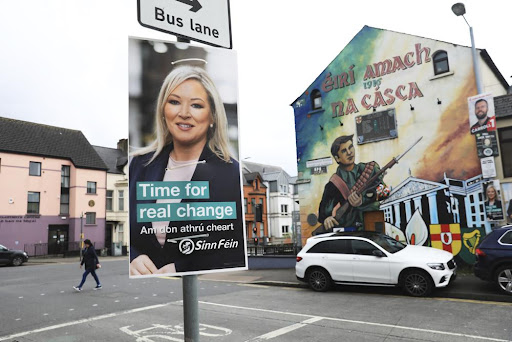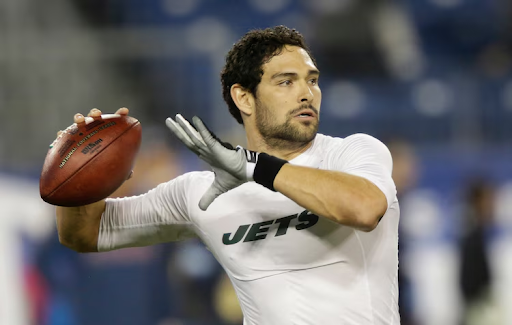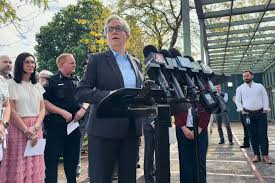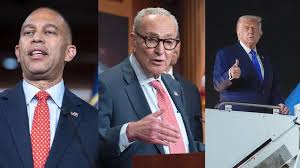In the election for Northern Ireland’s Assembly election, Sinn Féin will become the largest party, entitling it to choose the First Minister. This marks the first time that Northern Ireland will have a Nationalist as First Minister since the assembly’s inception in 1988.
Sinn Féin (pronounced Shin Fein) garnered 29% of the vote. Sinn Féin was previously the poliitcal arm of the Provisional Irish Republican Army which was a paramilitary/terrorist organization that operated in Northern Irealnd from 1969 until the 1997 ceasefire. While remaining staunch Nationalists, Sinn Féin instead campaigned on bread and butter issues, such as ending the ongoing cost of living crisis and more funding for the National Health Service.
The Democratic Unionist Party, (DUP) who had previously out paced Sinn Féin in the 2017 by 0.2% in 2017 with 28.1% of the vote, only got 21% of this election’s vote. DUP has been in turmoil ever since the Northern Ireland Protocol was established between the UK and the EU in Brexit negotiations. The Protocol avoids the establishment of a hard border between Northern Ireland and the Republic of Ireland, a hard line for many Nationalist. However this means that there will be customs for certain goods entering and exiting Northern Ireland from the UK. This has led to internal trouble within the DUP, causing many of its supporters to turn to the more hardline Traditional Unionist Voice party, dooming the DUP to become the second largest party in the Assembly. However they will still retain the right to anoint the deputy First Minister, who has the same powers as the First Minister according to the St Andrews Agreement.
Even though Sinn Féin did not campaign on Irish unification this election, this signals a deepening likelihood that Ireland will one day be unified. The Good Friday Agreement, which ended The Troubles, allows for a referendum, or border poll, to be held on uniting Northern Ireland with Ireland should a majority of Northern Irelanders and a majority of Irish agree to it. The Irish population has risen steadily compared to the British population. Many analysts believe that a United Ireland is a definite possibility within the next ten years.
Although the Nationalist parties, Sinn Féin and the Social Democratic and Labour Party, make up the plurality of the Assembly, It is unlikely that they will be able to form a stable government. The DUP has refused to take any position in the executive until the Northern Ireland Protocol is heavily amended or destroyed completely. This may make a legislature already plagued by lack of action even more static than it previously was.
Cross-Community, meaning neither Nationalist or Unionist, party Alliance saw the most gain this election, earning 13.5% of the vote, up 4.5% since 2017. Alliance believes in further integrating the Irish and British communities. The party styles itself as centrist and Liberal. This upswing for the party means that they will be the third largest party which raises questions in the future. It is doubtful that if they become the second, or even first largest party, that they will be invited into the executive because the power sharing agreements do not include involvement from cross-community parties.




